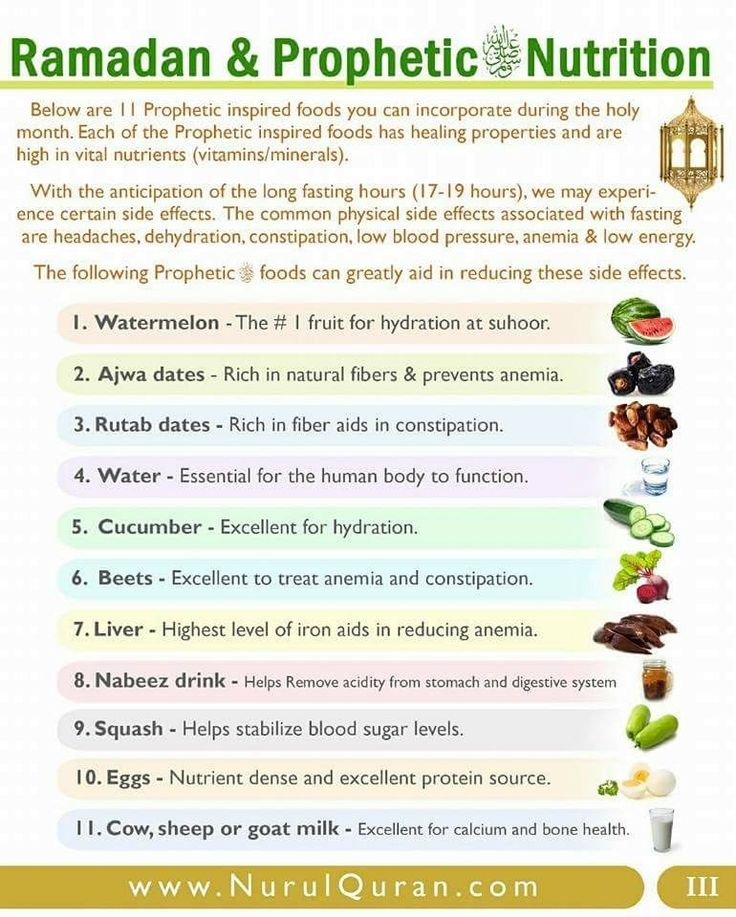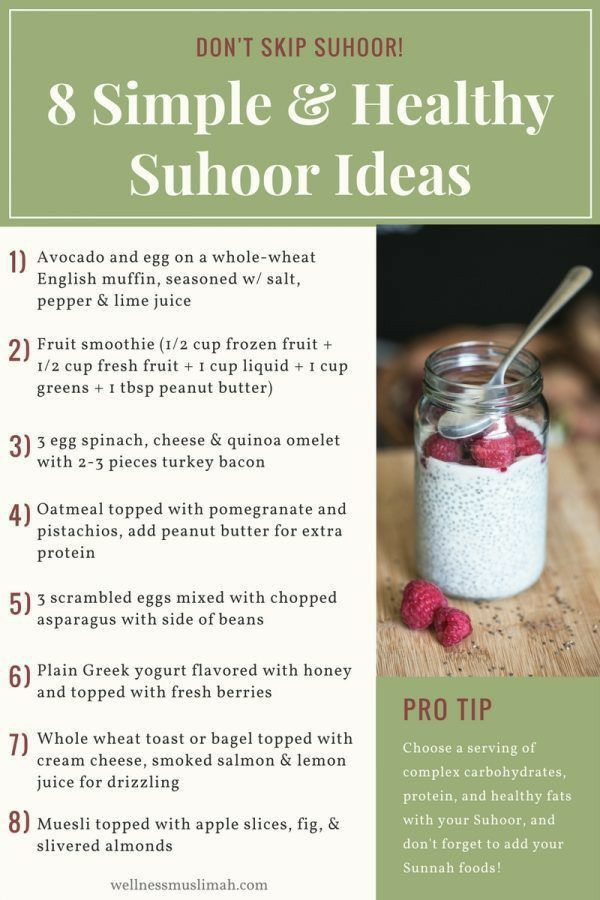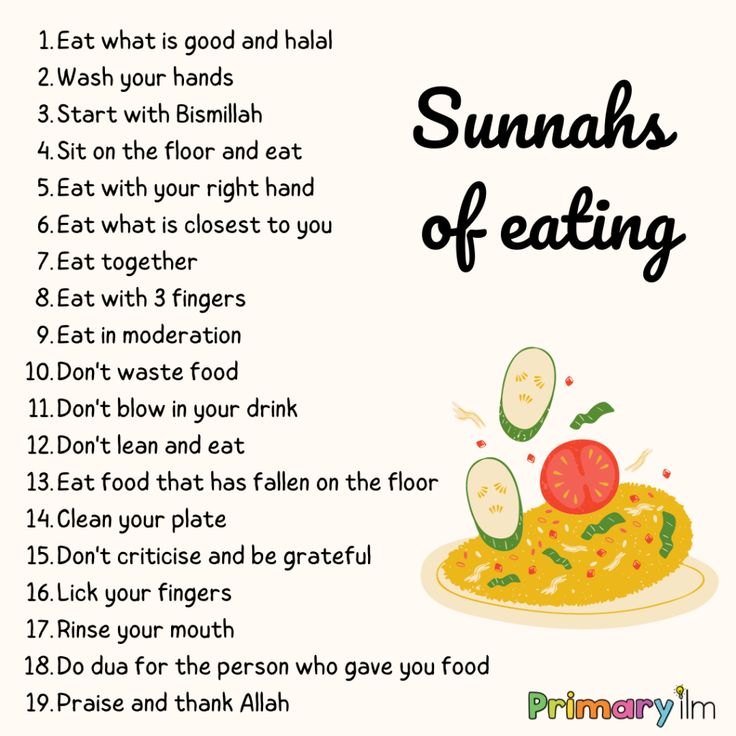
How to Avoid Overeating at Iftar: A Guide to Mindful Eating
After a long day of fasting, it’s tempting to dive into a feast at iftar, but overeating can leave you feeling sluggish, bloated, and tired—not exactly how you want to spend your evening! Practicing mindful eating can help you enjoy your meal, nourish your body, and maintain energy throughout Ramadan.
Here’s how you can avoid overeating at iftar while still satisfying your cravings and making the most of this blessed month.
1. Start with Dates & Water—Then Pause

📌 “The Messenger of Allah (ﷺ) used to break his fast with fresh dates before praying. If there were no (fresh dates), then with dry dates. If there were no (dry dates), then he took a few sips of water.” (Abu Dawood)
Dates provide natural sugars for an energy boost, and water rehydrates your body—but the key is to pause before eating more.
✅ What You Can Do:
- Break your fast with 3 dates and a glass of water.
- Wait for 5-10 minutes before eating anything else (pray Maghrib during this time).
- This gives your stomach time to adjust, reducing the urge to overeat.
🔹 Pro Tip: If you don’t like dates, try fruits like watermelon or a light soup instead!
2. Eat Slowly & Listen to Your Body
Fasting all day doesn’t mean you need to make up for it in one meal. Your stomach can only handle so much at once, and it takes about 20 minutes for your brain to realize you’re full.
✅ What You Can Do:
- Take small bites and chew thoroughly.
- Put your fork down between bites to slow down.
- Listen to your body—stop eating before you feel stuffed.
🔹 Pro Tip: Use a smaller plate to trick your brain into feeling satisfied with less food!
3. Balance Your Meal—Not Just Fried Food!

It’s easy to crave samosas, pakoras, and kebabs, but an iftar full of fried, heavy foods will leave you feeling lethargic instead of energized.
✅ What You Can Do:
Fill your plate with:
✔ Protein (chicken, lentils, eggs) for energy
✔ Fiber (vegetables, whole grains) for digestion
✔ Healthy fats (avocado, nuts, olive oil) for satiety
✔ Complex carbs (brown rice, whole wheat roti) for sustained energy
❌ Avoid:
- Overloading on oily, deep-fried foods
- Too many sugary drinks or desserts
- Eating fast food regularly
🔹 Pro Tip: If you love fried snacks, air-fry or bake them for a healthier twist!
4. Watch Out for Sugary Drinks
A chilled glass of Rooh Afza or soda might seem refreshing, but these drinks can spike your blood sugar, making you feel tired and hungry again quickly.
✅ What You Can Do:
- Swap soda for infused water (add lemon, mint, or cucumber).
- Choose fresh fruit juices (without added sugar).
- Stick to coconut water or herbal teas for hydration.
🔹 Pro Tip: If you love sweet drinks, dilute them with water to reduce sugar intake!
5. Stop Eating at 80% Full

One of the best ways to avoid overeating is to stop before you feel too full. This prevents bloating and helps your body digest better.
✅ What You Can Do:
- Eat until you’re satisfied, not stuffed.
- If you’re still hungry after 20 minutes, have a small portion of something light.
- Remember, you’ll eat again at suhoor—you don’t need to overcompensate now!
🔹 Pro Tip: Follow the Sunnah of eating in moderation—your stomach should be ⅓ food, ⅓ water, and ⅓ empty (Tirmidhi).
6. Plan Your Portions Beforehand

It’s easy to pile food onto your plate when you’re hungry, but planning your portions ahead of time helps prevent overeating.
✅ What You Can Do:
- Serve smaller portions first—you can always get more if you need it.
- Use a balanced plate method (half veggies, quarter protein, quarter carbs).
- Avoid eating directly from serving dishes—plate your meal instead!
🔹 Pro Tip: If eating with family, serve your plate in the kitchen to avoid second helpings out of habit.
7. Make Du’a & Be Present While Eating
Ramadan is a time of spiritual discipline, and mindful eating is part of that. Focus on gratitude for your meal and avoid distractions like scrolling on your phone or watching TV while eating.
✅ What You Can Do:
- Say Bismillah before eating and make du’a for barakah in your meal.
- Eat in a calm, distraction-free space.
- Reflect on the blessings of food and those who may not have enough.
🔹 Pro Tip: Eating with family or loved ones can slow you down and make meals more meaningful!
Final Thoughts: Enjoy, but Don’t Overdo It!
Fasting is about self-control, and that includes how we eat at iftar. By practicing mindful eating, you’ll feel lighter, healthier, and more energized throughout Ramadan.
🌙 What’s your favorite mindful eating tip? Share in the comments! 💬✨
No Responses